T.I.A. stands for ‘This is Africa’ and is used to describe anything normal in Zimbabwe and absurd in the UK.
The following are 15 times we have used the phrase T.I.A. on placement.
1) When your transport to work hasn’t had a MOT since it was brand new and the road you travel on has more big dips than Colossus.
2) When you forget your ‘bag for life’, but it doesn’t matter because you can carry you weekly shop on your head.
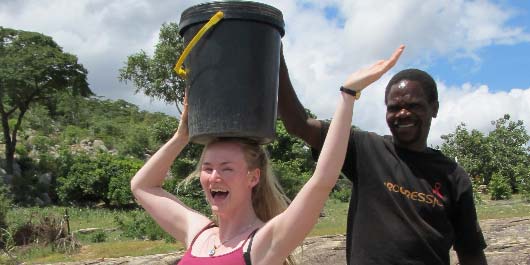
3) When you eat three carbs in one meal daily, because bigger is better in Zimbabwe.
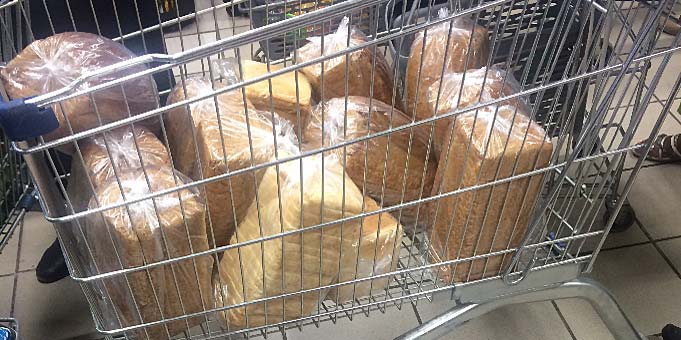
4) When you can save yourself a trip to Mothercare, and the hassle of a buggy, by using a towel to get your baby from A to B.
5) When you spend hours hand washing your clothes, only to find they’ve been stolen from the line when you return home.
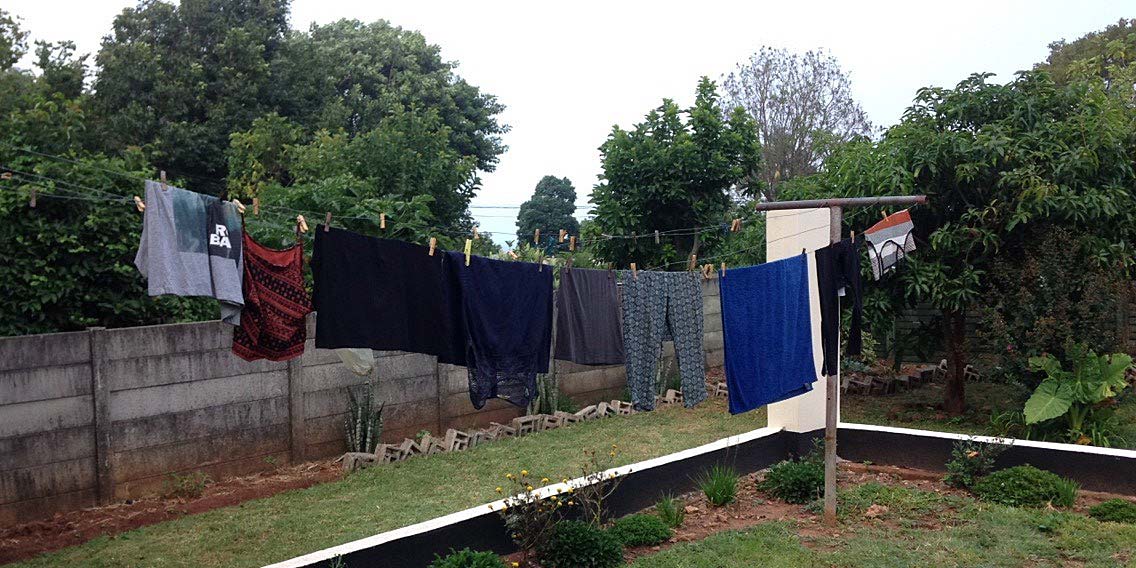
6) When your Zimbabwean mates laugh at your best dance moves and show you up by making even the Macarena look good.
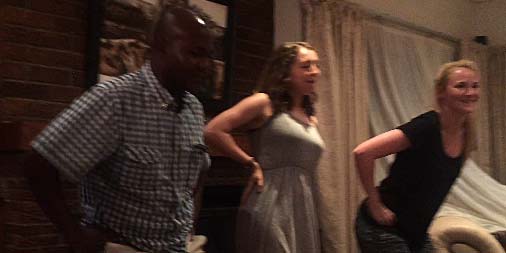
7) When you can pick up 100 chicks in a box from a wholesaler, in the same way you can pick up 100 cola bottles from Costco.

8) When you’re strolling to the shops of a lunch time and your Zimbabwean mate has to jog to keep up.
9) When you’ve treated yourself to a cheeky croissant and you can’t wait to demolish it, but then your mate takes some without asking.
10) When a monkey rummaging through a bin is as common as an urban fox.

11) When you want to cuddle your host family’s dogs, but you can’t because they’re either baring their teeth at you, or cowering away from your constant attempts at friendship.
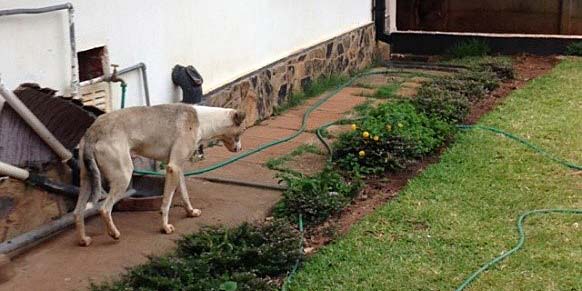
12) When a game park with elephants and zebras a plenty is as local to you as Harlow Town Farm.

13) When you’re forced to let go of your reserved British nature and embrace your inner African performer.

14) When the closest you’ll get to a shower is by drilling holes in your bucket (dear Liza, dear Liza).
15) When you turn up 15 minutes before you’re due to meet, and your African friends don’t rock up for another hour, claiming to be on time.
Gradually the phrase T.I.A. is being used less and less, as our African lives become normality.
Written by ICS volunteers Shira and Ela



